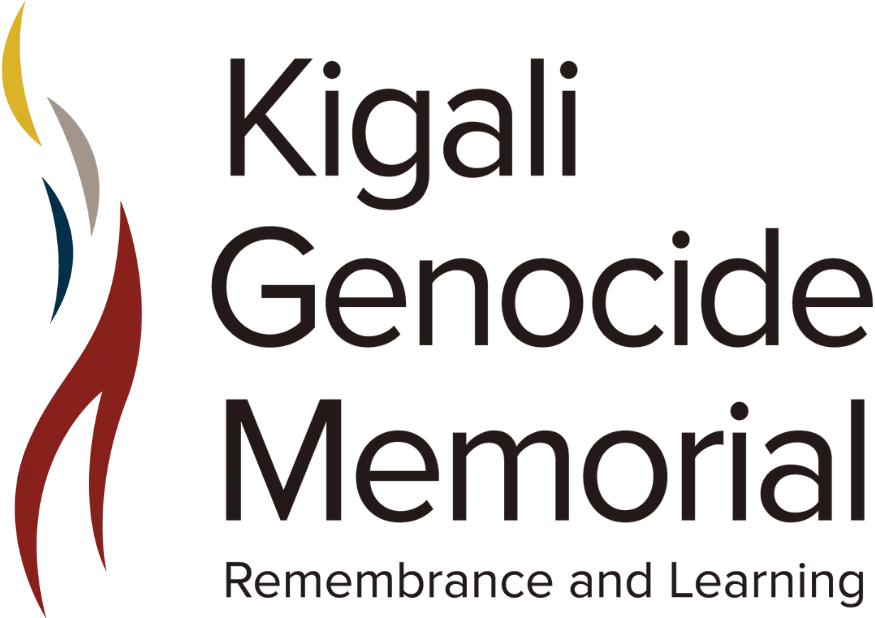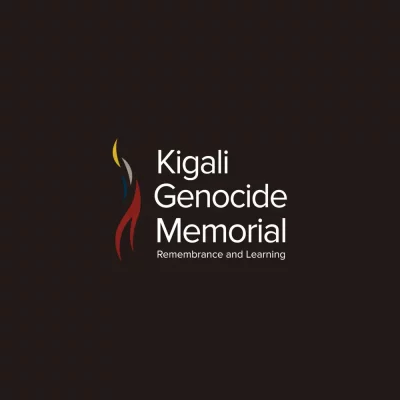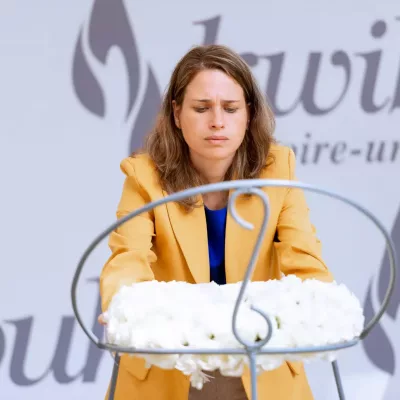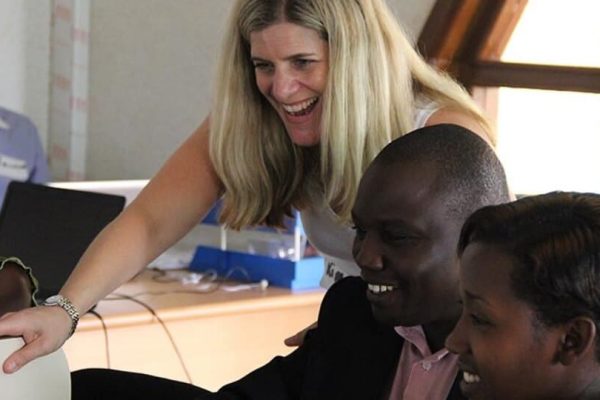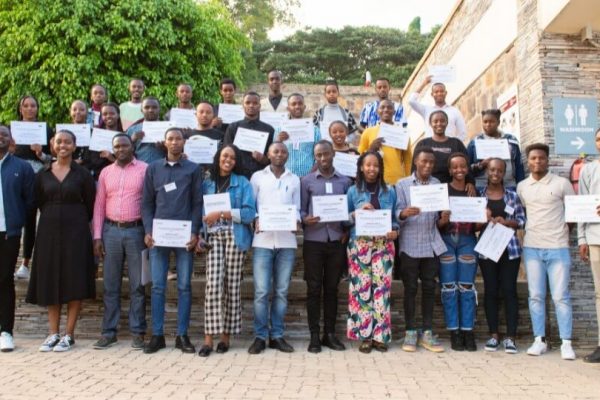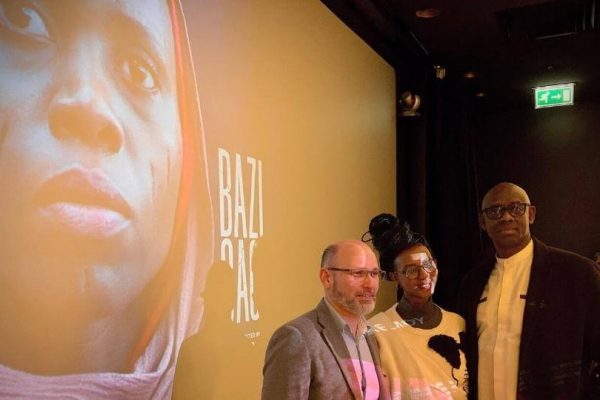Today, Kigali Genocide Memorial celebrated an access to the Visual History Archive, a home to more than 55,000 testimonies of survivors and witnesses of the Genocide against the Tutsi and other genocides or mass atrocities around the world.
At this celebration event, the audience was made up of government officials, researchers, survivors and young people from different schools around Kigali.
The Director of the Memorial spoke on the importance of this platform which will be hosted and accessed by the public through a computer lab inaugurated today. He thanked partners in this project which will contribute a great deal to the mission of the memorial in learning and genocide prevention.
“We are grateful to every partner in this initiative that has made it possible for the Kigali Genocide Memorial to be the first in Africa as beneficiary and host of this important educational tool which will contribute immensely in genocide prevention and in building peace”. Mr. Honore Gatera stated.
The Visual History Archives was developed by the USC Shoah Foundation – The Institute of Visual History and Education based in California (United States of America) and the Aegis Trust as a long lasting partner in providing first hand testimonies from the witnesses of Genocide against the Tutsi in Rwanda.
Dr. Kori Street, Senior Director of Programs and Operations at the Institute for Visual History and Education in California stressed on the role these archives will play in facilitating those in research field on Genocide.
“This is a good news for researchers and scholars in the field of genocide who were desperately trying to get resources, they can now come to Kigali Genocide Memorial”.
On this same day, a Rwanda landing page on IWitness was launched. This is an online platform with testimony-based educational resources and contextualized activities to encourage critical thinking among teachers and students.
Dr. Jean-Damascene Gasanabo, the Director General of Research and Documentation Centre at National Commission for the Fight against the Genocide said that the platform will be a great tool for learning especially for young people in Rwanda.
“We are pleased to officially launch this platform that focuses on helping our Youth to learn and understand better the history of Rwanda especially of the Genocide against the Tutsi through testimonies,”
“It is key for our young people to learn from our past because if they don’t, there is a risk of raising a generation which is not capable of preventing genocide from repeating again,” Dr. Gasanabo added.
The joy of having this online platform accessible to educators was expressed by Zacharie Benedata, an IWitness Teacher Ambassador who praised the efforts by partners in developing this great tool that will support the implementation of Rwanda’s new national competence-based curriculum.
“The platform is so instrumental for us educators in facilitating the delivery of peace and values education in the new curriculum using testimony based content, one of the methodologies we have found most liked by many of our students,” Benedata said.
Vestine Uwamahoro, a history teacher at college St Andre in Kigali, also emphasized on the big role of the platform to enhance the teaching of one of the tuff topics like Genocide.
“Before having access to this platform, it was not easy for us to tackle the topic on the history of genocide against Tutsi in Rwanda but now, students are able to listen and watch first hand testimonies from the witnesses of the genocide and learn from their experiences. It helps them understand more compare to just one experience from a teacher,” Uwamahoro said.
